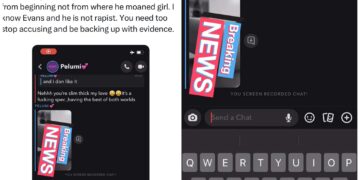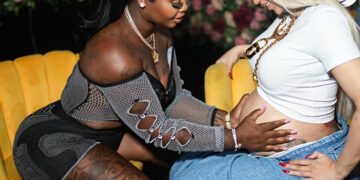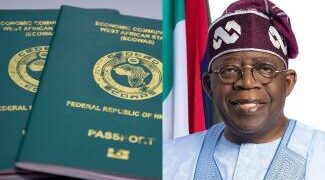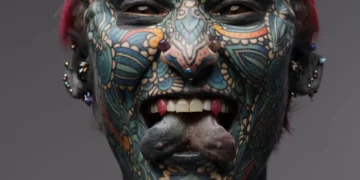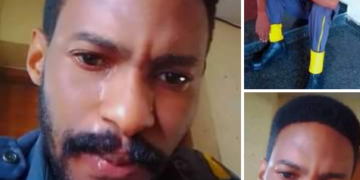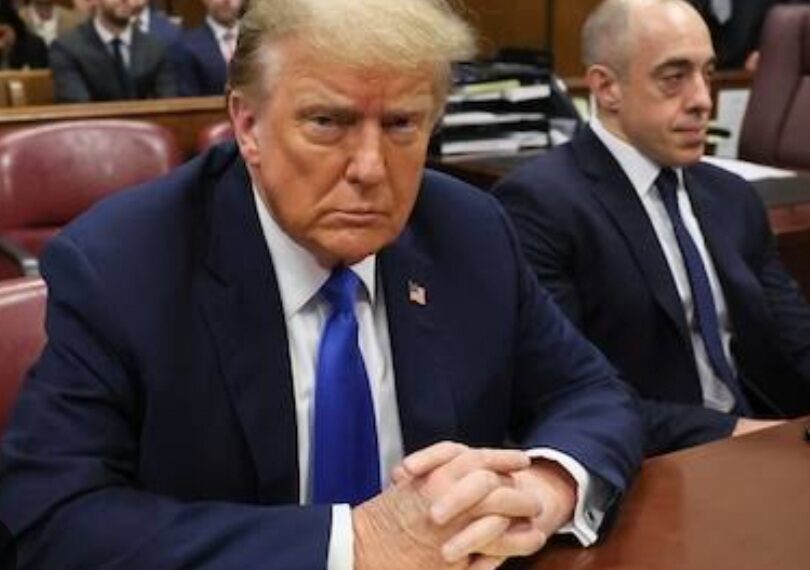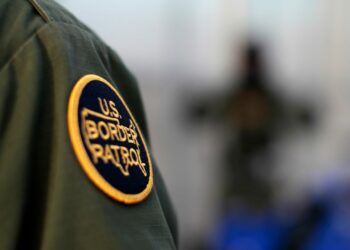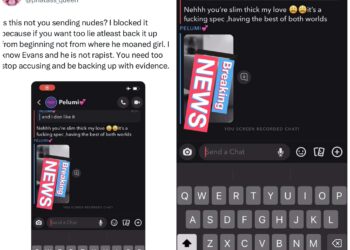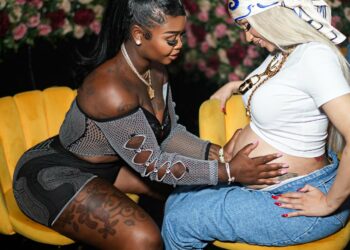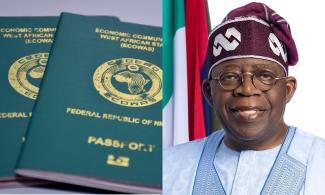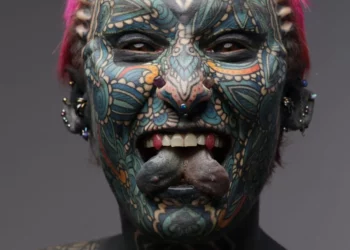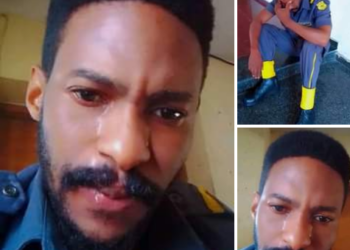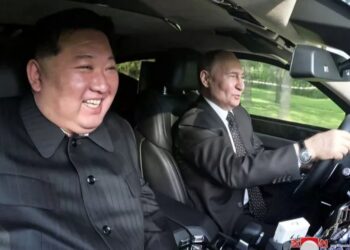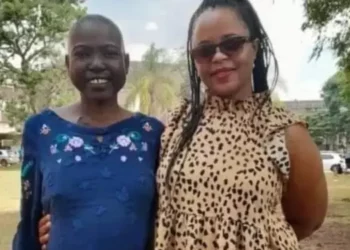During Donald Trump’s trial, the prosecution emphasized that the former President allegedly attempted to unlawfully influence the 2016 Presidential election by preventing damaging information about his personal life from being disclosed publicly.
At the onset of the historic hush money trial on Monday, April 22, a prosecutor asserted, “This was a meticulously planned, orchestrated, and prolonged conspiracy aimed at swaying the 2016 election — designed to aid Donald Trump’s electoral success through illicit payments to silence individuals critical of his conduct. These payments were concealed using altered corporate records and financial documents.”
“It constituted election fraud, plain and simple,” prosecutor Matthew Colangelo added.
In defense of Trump, his lawyer Todd Blanche rebuffed the accusations, branding the case as unfounded and questioning the credibility of the government’s primary witness, who was once a close associate of Trump.
“President Trump is innocent. He did not engage in any criminal activity. The Manhattan district attorney’s office should not have pursued this case,” Blanche asserted.
It is the first criminal trial of a former American President and the first of four prosecutions of Mr. Trump to reach a jury.
Prosecutors sought from the outset to elevate the gravity of the case, which they said was chiefly about election interference as reflected by the hush money payments to a porn actor who said she had a sexual encounter with Mr. Trump.
“The defendant, Donald Trump, orchestrated a criminal scheme to corrupt the 2016 Presidential election. Then he covered up that criminal conspiracy by lying in his New York business records over and over and over again,” Mr. Colangelo said.
Mr. Trump faces 34 felony counts of falsifying business records — a charge punishable by up to four years in prison — though it’s not clear if the judge would seek to put him behind bars.
A conviction would not preclude Mr. Trump from becoming President again, but because it is a state case, he would not be able to pardon himself if found guilty.
He has repeatedly denied any wrongdoing.



